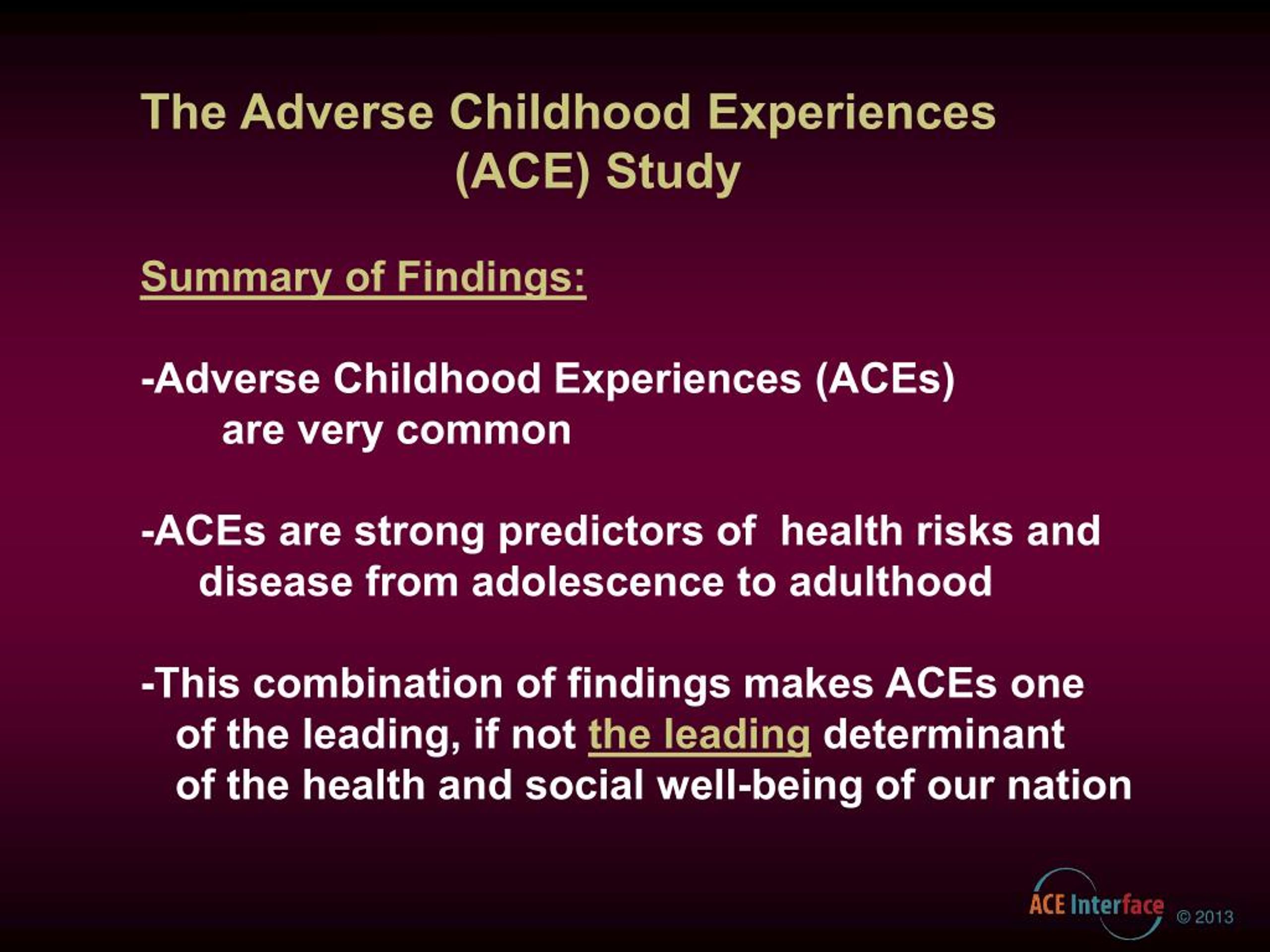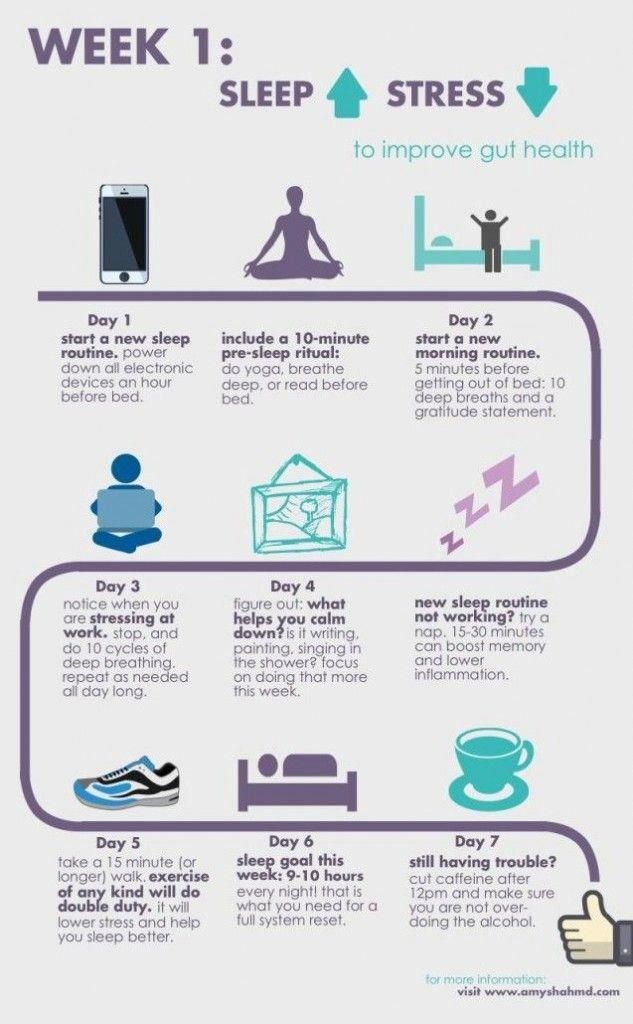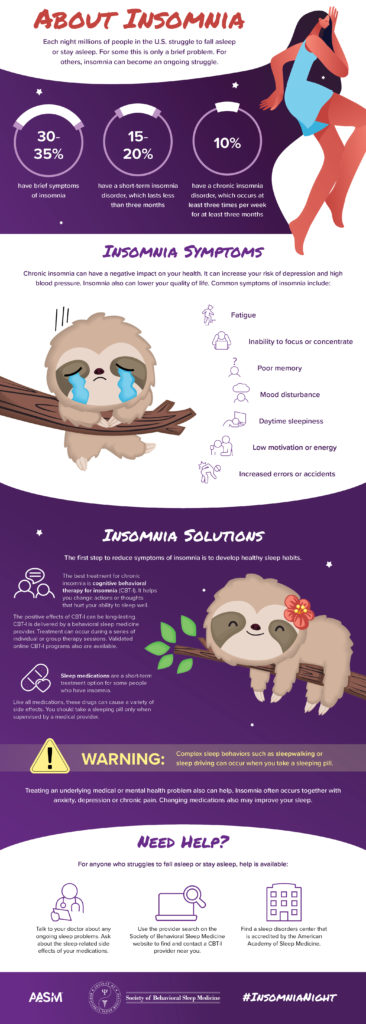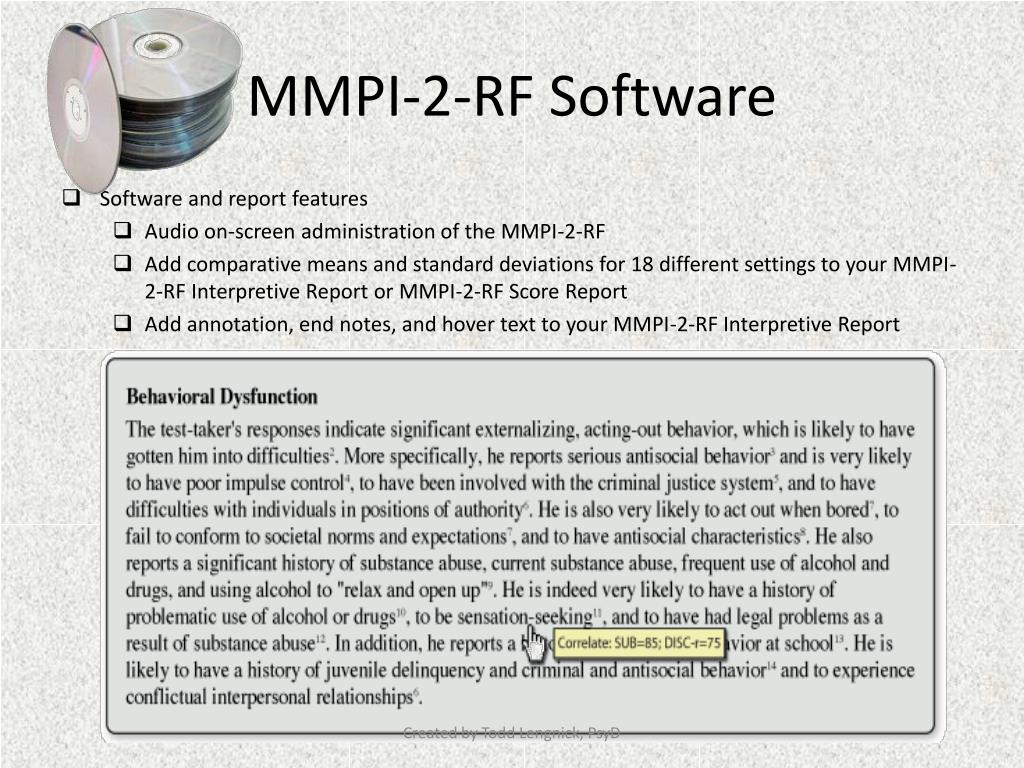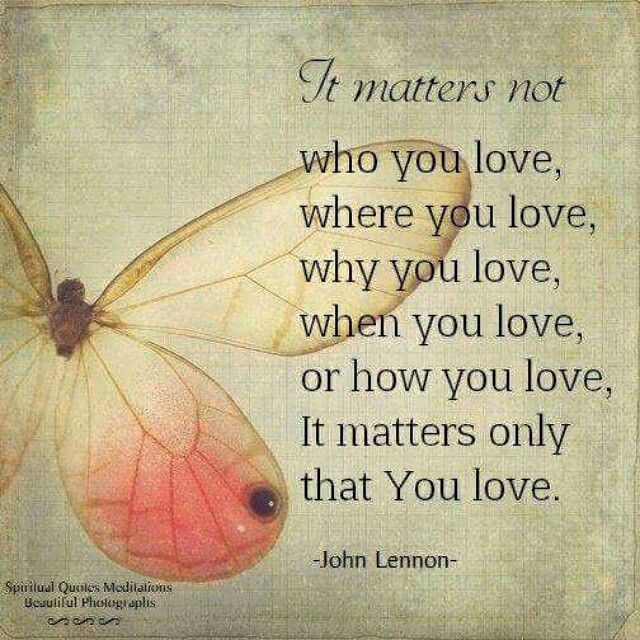I don t feel anymore
I don't have feelings anymore
“I feel like I don’t have feelings anymore” is a common experience for people who are developing psychosis or depression or who are recovering from a traumatic experience. It can be unnerving to lose the ability to feel or show your emotions.
When we experience trauma, the shock of the traumatic event can make us feel numb. In depression, the feeling of numbness also comes with sadness or feeling heavy or slow in your body. People experiencing psychosis often feel like they no longer have feelings while also hearing or seeing things that might not be there.
Mental health conditions like these are common. 70% of people will experience trauma in their life [1]. 10% will experience depression [2], and 3.5% will experience psychosis [3].
When you lose the ability to feel or express any emotions, this is called flat affect. If you feel numb only to positive emotions but are still able to feel negative emotions, this is called anhedonia. Anhedonia is a common symptom of depression and shows up in a lot of mental health conditions. Flat affect is less common, but it is frequently a symptom of psychosis.
If you think you may be experiencing symptoms of depression or PTSD (which is common in people who have experienced trauma), you can take our free and confidential depression test or PTSD test.
Some symptoms of psychosis are called “positive symptoms.” Others are called “negative symptoms.” That doesn’t mean that positive symptoms are good and negative symptoms are bad. Positive symptoms are things that start to happen that are not “normal,” like seeing or hearing things that aren’t there. Negative symptoms are things that normally do happen, but stop happening when you experience psychosis. Flat affect, where you stop feeling emotions, is a negative symptom.
Below are some questions that we ask people about their negative symptoms of psychosis [4]:
- Has anyone pointed out to you that you are less emotional or connected to people than you used to be?
- Do your emotions feel less strong in general than they used to? Do you ever feel numb?
- Do you find yourself having a harder time distinguishing different emotions/feelings?
- Are you feeling emotionally flat?
- Do you ever feel a loss of sense of self or feel disconnected from yourself or your life? Like a spectator in your own life?
- Do you find that you have trouble getting motivated to do things?
- Are you having a harder time getting normal daily activities done? Sometimes? Always? Does prodding work? Sometimes? Never?
- Do you find that people have to push you to get things done? Have you stopped doing anything that you usually do?
- Do you sometimes find it hard to understand what people are trying to tell you because you don’t understand what they mean?
- Do people more and more use words you don’t understand?
If you said yes to some of these symptoms, it’s worthwhile to take a free and confidential screen here.
Negative symptoms of psychosis are treatable, but you want to make sure to get help sooner than later. With early treatment of psychosis, you can prevent your “first break.” In a psychotic break, you aren’t able to tell what’s real or not real, or you might not feel like you have control over your experiences anymore. At this point, a person also can be diagnosed with schizophrenia. If you get help before your first break, you will have an easier time managing your symptoms going forward.
If you think you have psychosis, keep exploring this site to learn more about what psychosis feels like. Reach out to someone you trust to talk about these experiences. The earlier you identify solutions to these experiences, the better.
Show References
- Knipscheer et al. (2020). Prevalence of Potentially Traumatic Events, Other Life Events and Subsequent Reactions Indicative for Posttraumatic Stress Disorder in the Netherlands: A General Population Study Based on the Trauma Screening Questionnaire.
 International Journal of Environmental Research and Public Health 17(5), p. 1725. Retrieved from https://www.ncbi.nlm.nih.gov/pmc/articles/PMC7084195/
International Journal of Environmental Research and Public Health 17(5), p. 1725. Retrieved from https://www.ncbi.nlm.nih.gov/pmc/articles/PMC7084195/ - Lim et al. (2018). Prevalence of Depression in the Community from 30 Countries between 1994 and 2014. Scientific Reports 8, p. 2861. Retrieved from https://doi.org/10.1038/s41598-018-21243-x
- Van Os. (2015). The transdiagnostic dimension of psychosis: implications for psychiatric nosology and research. Shanghai Archives of Psychiatry 27(2), pp. 82-86. Retrieved from https://www.ncbi.nlm.nih.gov/pmc/articles/PMC4466847/
- These questions were pulled from the Structured Interview for Psychosis-Risk Symptoms: http://www.easacommunity.org/files/SIPS_V5-1-1%20V5.doc
I Feel Nothing: Emotional Numbness and How to Cope
We include products we think are useful for our readers. If you buy through links on this page, we may earn a small commission. Here’s our process.
It’s hard to describe what feeling numb is like, but you’ll intuitively know it if you’ve felt it.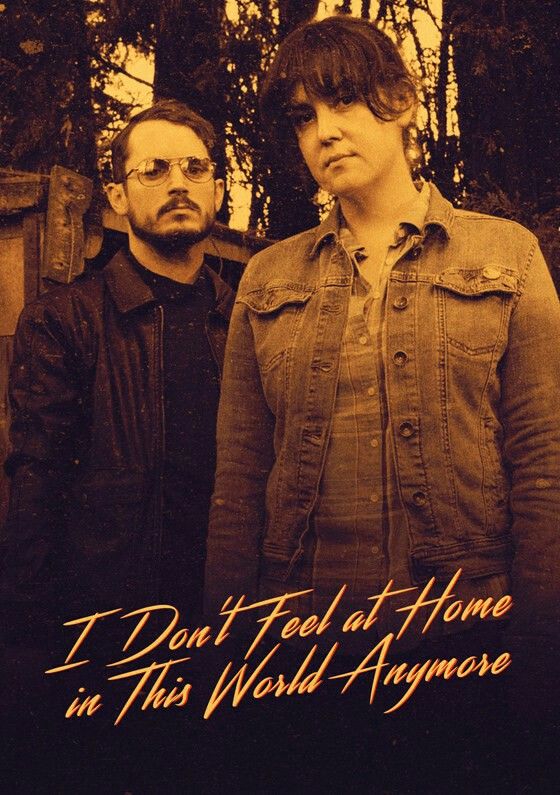 Know that you’re not alone.
Know that you’re not alone.
Many people report feeling disconnected from the world around them sometimes, feeling “flat,” or feeling like life is on autopilot. Perhaps events and people seem muted, or less colorful somehow.
It can also be described as chronically running on empty, feeling ungrounded, having a hard time focusing, or losing track of time throughout the day. Feeling numb can make it hard to connect with others, which creates loneliness or a sense of isolation in your experience.
Emotional numbness, also called “affective blunting,” is most commonly associated with depression. It can also occur with other mental health conditions and medications. It can be linked with states like dissociation or depersonalization — feelings of being disconnected from yourself, your emotions, or your surroundings.
The good news is, emotional numbness is usually temporary and treatable. This article will walk you through causes, treatment, self-help strategies, and additional resources.
There’s no one answer to this question, but experts have a pretty good theory. Emotional numbness can occur when the limbic system is flooded with stress hormones. This is the area of the brain that deals with emotional regulation and memory.
There’s an emotional component as well. High-stress situations can tax our emotions and exhaust the physical body. The combination of the two can lead to a feeling of being drained and, consequently, numb.
Numbness may also be a coping mechanism to prevent more pain from entering the psyche. This is especially true for those in high-stress environments and those who have experienced trauma.
The mental health conditions most often associated with emotional numbness are depression, anxiety, and post-traumatic stress disorder (PTSD).
Emotional numbness can also come up in some dissociative disorders, which are connected with a personal history of trauma. Depersonalization is the sense of being disconnected from yourself, as if you’re having an out-of-body experience.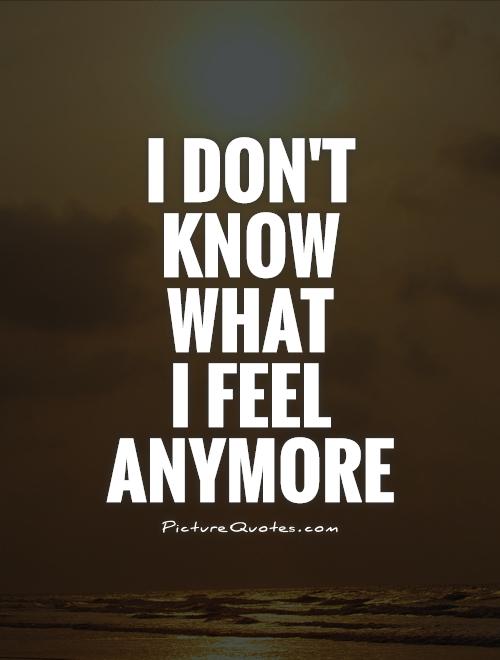
Anyone can experience this disconnect. Sometimes, it’s linked with an anxiety disorder or depersonalization-derealization disorder. It’s also one of the less talked about symptoms of a panic attack.
In some cases, antidepressants may be the cause of emotional numbness. A 2017 study showed that 46% of research participants experienced emotional numbness as a side effect of medication, most commonly with a classification of antidepressants called selective norepinephrine reuptake inhibitors (SNRIs).
In the moment, you probably don’t feel like doing much at all. Sometimes, just curling up in a blanket and making yourself comfortable can feel soothing. Other times, it can help to move around, talk with a friend, or release some pent-up emotion. We talk more about these methods below.
Move your body
Emotional numbness may feel like being “frozen” for some people. If this is the case for you, exercise might be the last thing on your mind.
However, doing any form of physical movement is a great way to get out of your head and into your body. Try just walking around your room and shaking your arms out to connect with your body, or put on a lively song and move to the music in a way that feels good.
Try just walking around your room and shaking your arms out to connect with your body, or put on a lively song and move to the music in a way that feels good.
If you want to crank it up a gear, try working up a sweat with a bike ride, a brisk walk outdoors, swimming, or some yoga.
If none of these options sound appealing, remember what physical activities you used to love as a child — the hobbies that brought you pure, unbridled joy. Maybe that’s roller-skating, horseback riding, or boogie boarding. Do more of these activities to see if you can tap into that youthful exuberance.
For optimal health, the Centers for Disease Control and Prevention (CDC) recommends getting at least 30 minutes of moderate physical exercise at least 5 days a week. Moderate exercise means you’re breaking a sweat and your heart is working hard. Regular exercise will get the endorphins flowing and perhaps help you feel more alive, yet grounded in your body.
Talk it out
Sometimes, when we feel like we have no one to talk to, we shove our uncomfortable emotions down because we feel safer that way.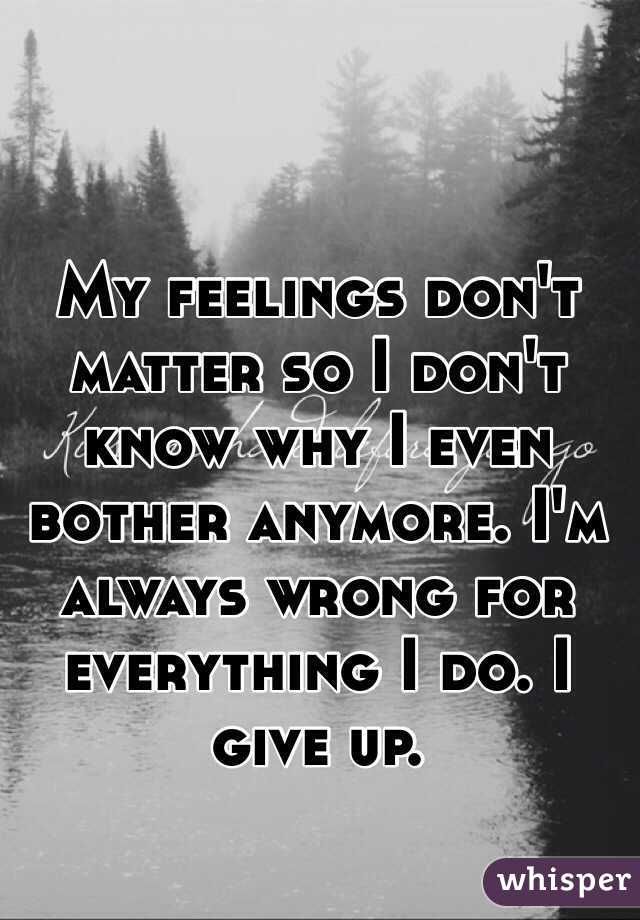 Do this for long enough, though, and you might find it easier to feel nothing at all — as in, emotional numbness.
Do this for long enough, though, and you might find it easier to feel nothing at all — as in, emotional numbness.
While it’s hard to be vulnerable, it’s also hard to keep everything bottled up inside. It can help to open up to someone you trust about what you’re going through. You might say something like, “I notice that lately I don’t feel much of anything at all. Has this ever happened to you?”
The bonding experience will release a neurotransmitter called oxytocin, also known as the cuddle hormone. This feeling of connection may be a welcome relief from the sense of “nothingness” you may be used to.
If you don’t feel like opening up to a friend or family member, you might consider reaching out through an online forum, a support group, or a session with a therapist to talk about what you’re experiencing.
Try grounding exercises
If you feel numb and disconnected, it might help to gently bring your awareness to your body and your surroundings using grounding techniques. These techniques are often recommended for coping with PTSD and anxiety.
These techniques are often recommended for coping with PTSD and anxiety.
Grounding can be physical or mental. Here are some ideas to try:
- Breathe deeply and notice your breath moving in and out of your body.
- Touch a familiar object and notice how it feels in your hands. Is it heavy or light? What texture does it have? Does it feel warm or cool?
- Notice the colors of objects around you. Try to find and name five blue, green, or red objects in the room.
- Hold a piece of ice in your hand. How does it feel as it melts? Challenge yourself to name the sensations.
- Put on a favorite song and really listen to it. How does it make you feel?
You can find lots more ideas for grounding exercises in this guide.
Release pent-up anger
If you suspect that the emotional numbness has to do with repressed frustration, consider going to a beach or a lake and throwing stones into the water. Or you might consider taking kickboxing classes or booking a day at a batting cage.
You can also look up a local Rage Room. Once there, you’ll be given safety gear and weapons to smash things, like plates and old TVs, in a safe environment.
Learn about emotions
Self-study can be an effective tool to become familiar with what you’re feeling. Create a mood diary, set a daily alarm, and jot down your emotions every day at the same time. Assign what you’re feeling a number between 1 and 10. If digital note-taking is more your style, try these mood tracker apps.
There’s way more to the world of emotions than just happy, sad, and angry. If you’re trying to figure out what you’re feeling, refer to this list of emotions — 54 of them, to be exact.
Chances are that you’ve felt numb at times in the past, too. When this feeling comes up again and again, it’s worth considering making a longer-term action plan.
Try talk therapy
A doctor or psychiatrist may recommend psychotherapy, or talk therapy, to work through the challenges in your life. Cognitive behavioral therapy (CBT), for example, can help you bridge any gaps between your thoughts, emotions, and behavioral patterns.
Cognitive behavioral therapy (CBT), for example, can help you bridge any gaps between your thoughts, emotions, and behavioral patterns.
Somatic experiencing therapy can also help. Somatic means “of the body.” This therapy focuses on the mind-body connection to address physical and psychological symptoms of trauma, grief, and other mental health issues.
Another method that some therapists use is called eye movement desensitization and reprocessing (EMDR). Using a series of light taps or tones, you review past trauma through an observer perspective and anchor new thoughts and beliefs about what happened.
The American Psychological Association provides a search tool to help you locate a psychologist near you.
Visit a psychiatrist
Depression and anxiety are associated with low serotonin, the “happy hormone.” Low serotonin levels can contribute to a sense of numbness. If you’re not currently on medication, then a psychiatrist may prescribe selective serotonin reuptake inhibitors (SSRIs) to help you feel better. Some medications you may have heard of include Prozac and Zoloft.
Some medications you may have heard of include Prozac and Zoloft.
If you’re already on a medication and experiencing emotional numbness, a psychiatrist will provide you with options of what to take instead.
When switching antidepressants, be patient with the process. It may take up to 6 weeks for the new drug to create an impact on your system. In the meantime, your psychiatrist may provide antianxiety medication to help your symptoms subside more quickly.
The American Psychiatric Association provides a search tool to help you locate a psychiatrist near you.
Meet with a doctor
If you feel nothing at all, it can help to get some answers about why it’s happening in the first place. This is best reserved for a doctor or trusted mental health professional.
They will ask about your medication regimen and personal history in order to rule out the possibility of an underlying health condition, like a traumatic brain injury (TBI). Research shows this can be a cause of emotional numbness.
Start a meditation practice
A consistent meditation practice can help you get in touch with your feelings by introducing you to your inner world. You’ll get to see the full extent of what goes on in your mind. Awareness can be a powerful tool for broadening the gap between your trigger (emotional pain) and response (emotional numbness).
Smart small. Find a comfortable seated position with your back up against a wall. Relax your gaze or close your eyes. Maybe turn on a diffuser with some lavender essential oil. If it feels good, add some light classical music, a genre known for evoking powerful emotions.
Set the Insight Timer app for just 2 minutes and see what comes up in your mind. Congratulations, you just meditated. There’s no wrong way to do it.
Attend a yoga class
To build on a meditation practice, consider attending a yoga class. As a yoga student and, later, as an instructor, I can’t tell you the number of times I witnessed myself and students spontaneously shed tears during practice.
In yogic tradition, it’s said that emotions are stored physically in the body. It makes sense that if you twist, turn, and bend enough, eventually something will loosen up and release. Think of it as a way to unclog the cork.
If this happens to you in yoga class, try not to be embarrassed. It’s totally normal. You can always go down onto your mat and rest in a child’s pose while you wait for the moment to pass.
Now that you know some steps you can take toward feeling better, now’s a good time to remind you that you’re not alone in your experience. It may be comforting to read about other people’s journeys as well.
Here are a few resources to explore:
- From Emotional Numbness to Wholeness is a podcast episode about learning how to develop a full range of emotions.
- Check out these apps for depression that can help with mood tracking, meditation, journaling, and more.
- Darkness Visible: A Memoir of Madness is a detailed account of what it’s like to go through depression, emotional numbness, and recovery.

- Running On Empty is an audiobook about emotional numbing and how it relates to childhood neglect.
Movies similar to In this world, I no longer feel at home with a description of the similarities
The main character Ruth is a woman too impressionable, depressed and sensitive. She believes that the world is too cruel, rude and unfair. She even suspected that she was born at the wrong time. Once, robbers broke into her house and stole her grandmother's antique spoons. The poor woman immediately ran to the police and complained. They just laughed at her and put her out the door. Then the heroine decided to punish the offenders on her own. Ruth tells about what happened to her neighbor, who volunteered to help her.
The following compilations cover the same topics as this movie
Satirical films
Movies about mental illness
Movies about punishers
Sexually Violent Films
Movies about depression
Movies about existentialism
Films about violence
Melancholic movies
TOP movies similar to "I don't feel at home in this world anymore": Catastrophe (2013), Miami Blues (1990), 11:14 (2003), Last Supper (1995), Barton Fink (1991), After Work (1985), Fury (1999), Wild at Heart (1990), Julia (2008), Rolling Thunder (1977), The Amateurs (1994), The Handwriting of Murder (2016), Shakes the Clown (1991), Chill in July (2014), Novocaine (2001), Violet & Daisy (2011), King of Comedy (1982), The Long Goodbye (1973).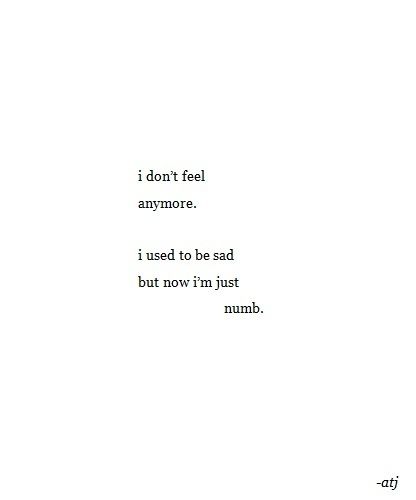
List of films sorted by similarity coefficient. If you know analogues of the film, then add them using the button below.
Evaluate recommendations using the buttons: Yes | No . Agree | Disagree that this movie is similar to the movie I don't feel at home in this world anymore
Searches for this movie:
Movies starring Elijah Wood
Filmography Nicole Kidman
Movies starring Pavel Priluchny
Searches for this movie:
Movies about loneliness
Crime Movies
Movies with twisted plot
Movies with black humor
Best movie selections:
Best Old School Teen Movies (90s - early 2000s)
Serious films about racism
The best post-apocalyptic films
Top 80 movies about making movies, movies
Subscribe to new recommendations for this list
We also recommend watching films from the collections:
Best Crime Movies
Best comedies
Best Thrillers
Top Dramas
Movies about eccentricity
Stylized movies
Movies about thieves
Movies about the police
Movies about neighbors
Atmospheric films
Movies about weapons
Films about mental disorders
The most creepy torture horror films
The best movies and series about tanks and tank battles
Best Body Swap Movies
Movies to watch with your mother
The best horror films about mental hospitals
The best Scandinavian movies and series
I don't feel at home in this world anymore
Backyard Brooke Blair, Will Blair
1:30
Go Away (To Paradise) Jason Newman
1:23
Ruth's Action Theme, Pt. one Brooke Blair, Will Blair
one Brooke Blair, Will Blair
2:40
The Ballad of Sissyfist The Giraffes
4:30
Bring Out the Bible (We Ain't Got a Prayer) The Texas Sapphires
4:15
Check My Grill The Hot as Shits
2:16
Three Point Station BulletProof Moose
4:11
Namesake Feature my new mixtape
3:32
Campfire Brooke Blair, Will Blair
2:05
History of Man Amanaz
3:00
Killer Sills Brooke Blair, Will Blair
3:06
Open Sesame Brooke Blair, Will Blair
0:37
Afraid of Love Meli Sul
3:08
Bring on the Dancing Horses Echo, The Bunnymen
3:56
Ruth's Action Theme, Pt. 2 Brooke Blair, Will Blair
2 Brooke Blair, Will Blair
0:51
What Would Jesus Do? Brooke Blair, Will Blair
0:41
Sweetheart Ain't Rights
1:45
Bus Crush Brooke Blair, Will Blair
0:50
Where's My Son? Brooke Blair0003
2:45
Snake Island Brooke Blair, Will Blair
4:14
Tony! Brooke Blair, Will Blair
1:22
Drinking from a Swimming Pool The Graverobbers
2:56
A charming film with an unexpected combination of thriller and comedic elements introduces us to seemingly inconspicuous characters in the neighborhood. Ruth is a rather clumsy junior nurse who often gets depressed. This time the heroine has one of those very unfortunate days familiar to each of us. First, as a result of the girl's carelessness, one of her patients dies. Then, at a bar, when everyone is talking about still having a chance to brighten up the morning incident with pleasant emotions, she meets a science fiction fan who she really likes. However, the guy disappoints Ruth, and soon she returns home. It seemed that nothing would surprise her until the end of the ill-fated day, but life sometimes prepares many surprises. A neat lawn is mutilated by a neighbor's dog, besides, only after crossing the threshold of his home, it becomes obvious that the poor thing has also been robbed. The scoundrels stole silver and a laptop. The habit of bringing everything to the end once again makes itself felt, the girl does not despair and turns to the police. However, the guards of civil order do not take the theft of the grandmother's treasure - old spoons - seriously and refuse to find the instigators of chaos.
Ruth is a rather clumsy junior nurse who often gets depressed. This time the heroine has one of those very unfortunate days familiar to each of us. First, as a result of the girl's carelessness, one of her patients dies. Then, at a bar, when everyone is talking about still having a chance to brighten up the morning incident with pleasant emotions, she meets a science fiction fan who she really likes. However, the guy disappoints Ruth, and soon she returns home. It seemed that nothing would surprise her until the end of the ill-fated day, but life sometimes prepares many surprises. A neat lawn is mutilated by a neighbor's dog, besides, only after crossing the threshold of his home, it becomes obvious that the poor thing has also been robbed. The scoundrels stole silver and a laptop. The habit of bringing everything to the end once again makes itself felt, the girl does not despair and turns to the police. However, the guards of civil order do not take the theft of the grandmother's treasure - old spoons - seriously and refuse to find the instigators of chaos.
